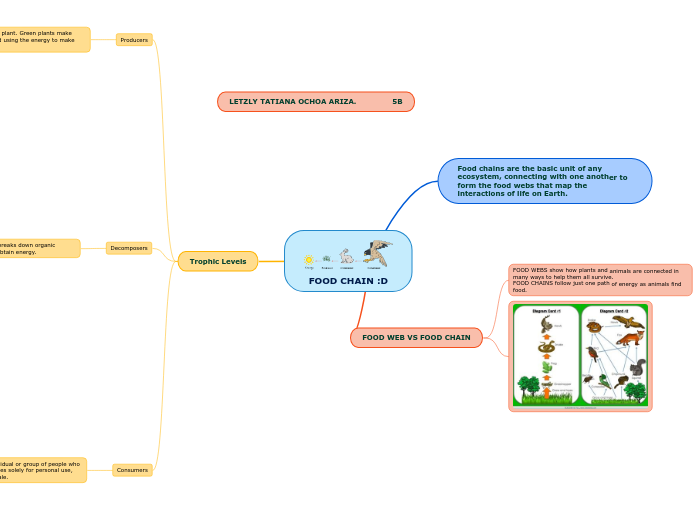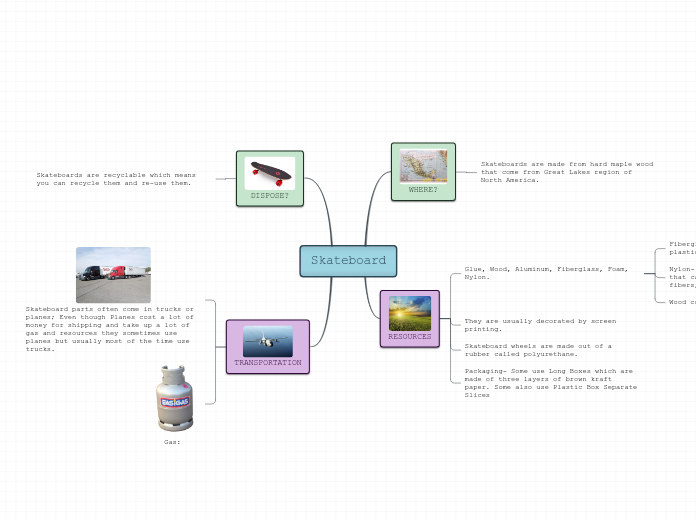+150K residents
Accomodate within
the existing districts
Transportation system
Build new infrastructure
increase bicycle roads and promote to using it
increase public transportation
Renewable fuels
fossil fuel
air polution
Build or increase public trains ( Metro)
increase Energy demand
No Air polution
build new roads
Damage to Environment
Air polution
Use current infrastructure
Reduce transfer demand
IT and network support
mixed areas ( Mall , Bank , Cinema ...ina same place)
Waste managment
bio gas production
increase recycling
burning waste for energy
air polution
Increase landfilds
soil polution
Water polution
Energy
Type of accomodation
Use already built
Water efficiency
Energy efficiency
Pollution due to high energy consumption
Build new
Conventional
Green building
Energy plus
Zero energy
Create new satelite district
Location
Far from industry
Transportation demand
Close to industry
Affected by pollution
New infrastructure
energy inputs
Water Treatment
No treatment
Pollution of the water
Sewage tretment
Energy from sewage
Waste Management
Waste treatment
Incineration
Energy
Landfill
Pollution
Recycling
Reusage
Prevention
Social aspects
Means of transportation
Cycling
Cycle vs. Cars campaign
Distance to work
Private transport
Public transportation
Emissions
Building infrastructure
Material inputs
Energy input
Renewable energy
Biofuels
Energy vs. Food
Solar+Wind
Capacity
Intermittency
Fossil fuels
Global warming
Air pollution









